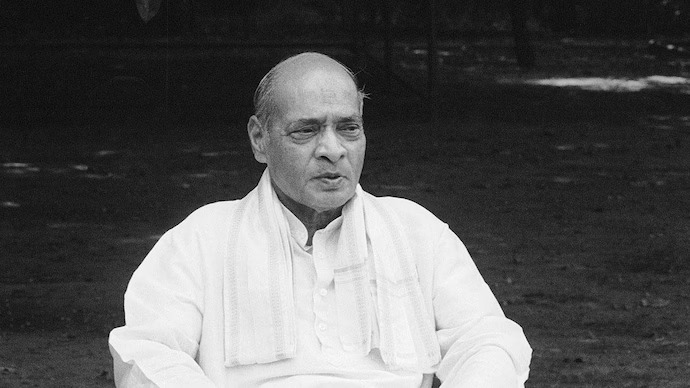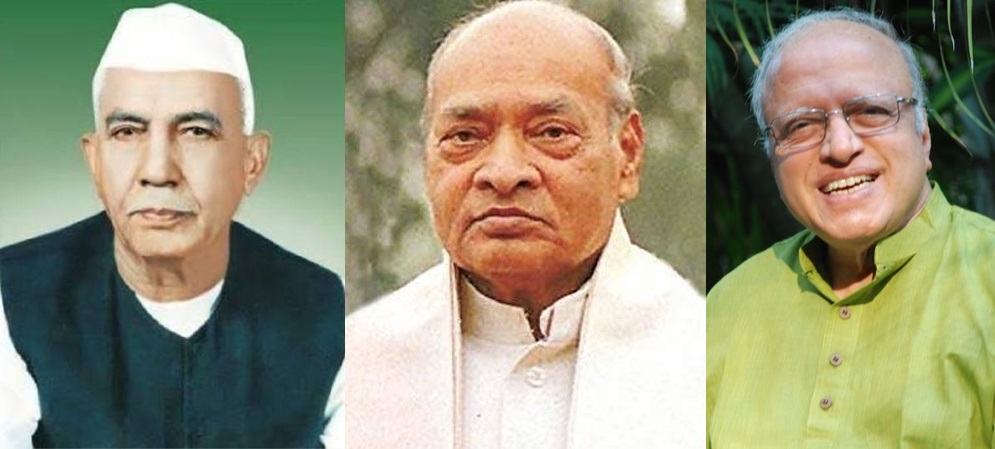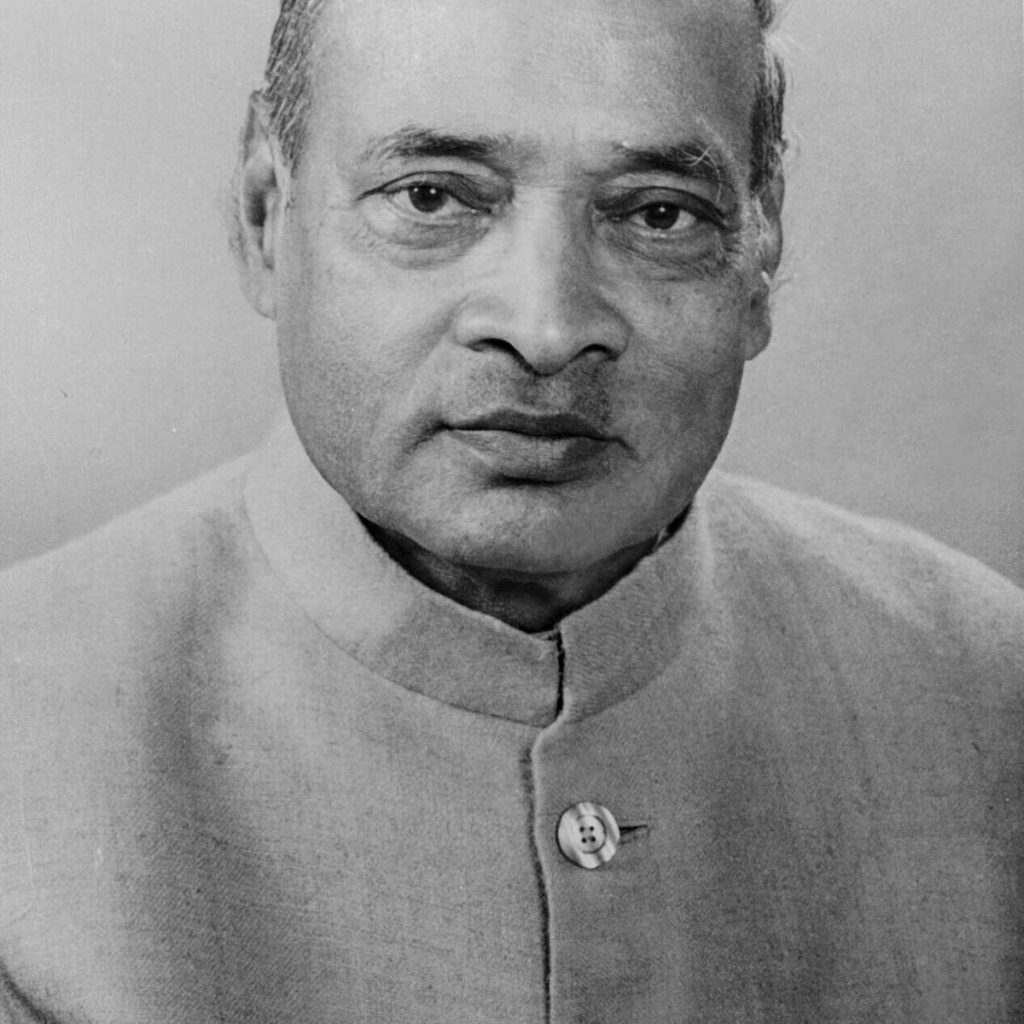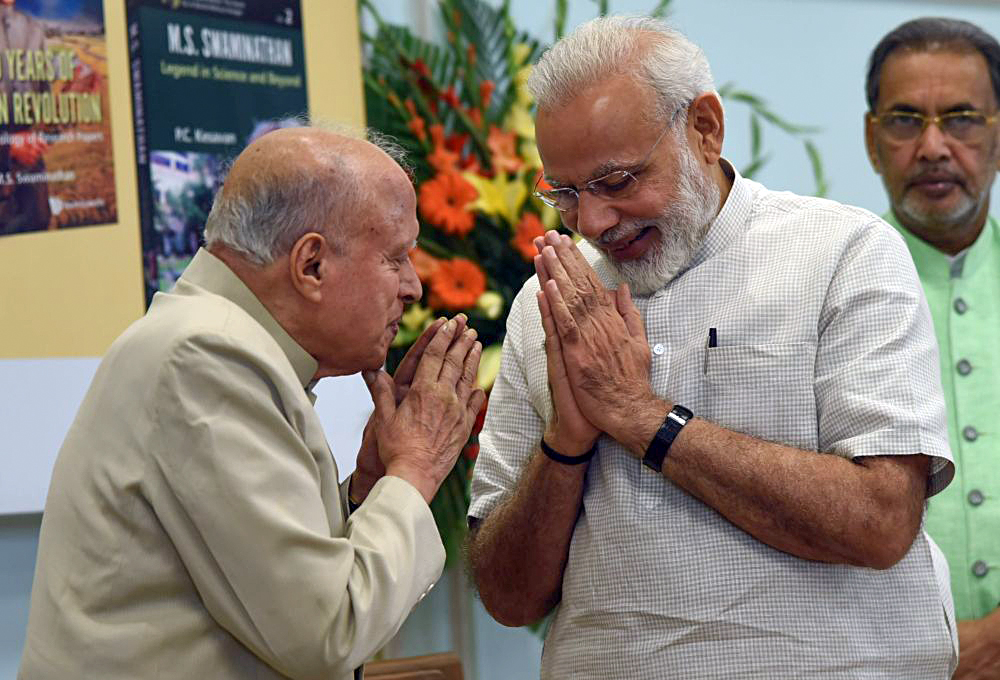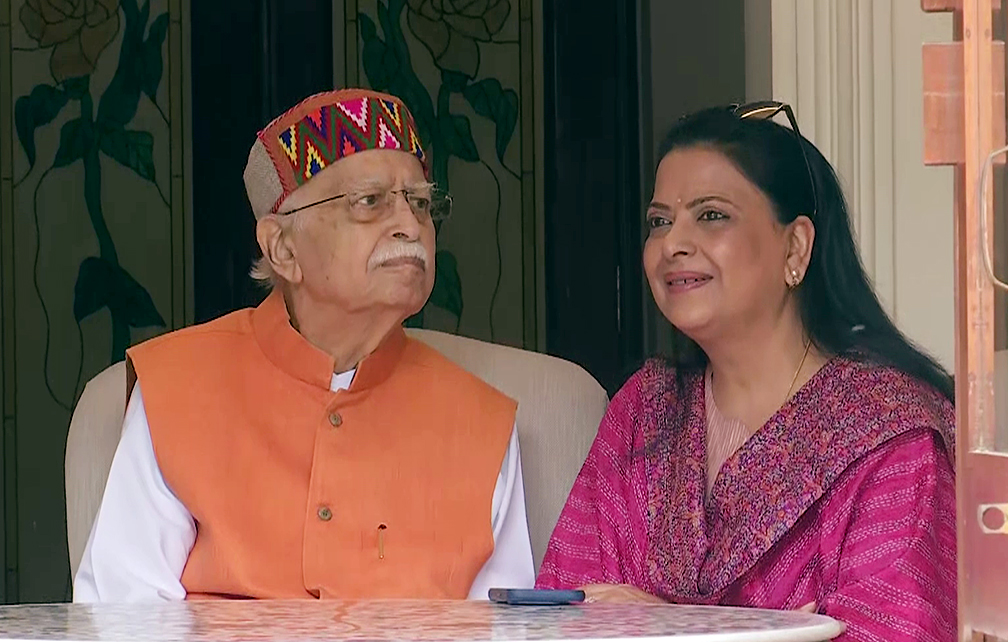If the Bharat Ratna awards are appreciated by the people of India, their ‘timing’ does not matter to them – better late than never would be their basic response – and if the action of the government brings political goodwill to the present Prime Minister, why should anybody have a grouse?…writes D.C. Pathak
The ‘Bharat Ratna’ awards announced this year to posthumously honour some well-known leaders in public life for their contribution to the country’s great democratic progress, add to their credibility and create a good feeling all around.
Amongst the recipients is former Prime Minister P.V. Narasimha Rao who successfully ran a minority government for five years from 1991 and with whom I served as Director, Intelligence Bureau (IB), from mid-1994 up to the end of his tenure as Prime Minister in 1996.
Prime Minister Rao is best known for handling the political strategy that allowed his Finance Minister Dr Manmohan Singh to set out with the much-needed economic reforms.
Prime Minister Rao made a lasting impression as an intellectual, a scholar, and a linguist but more than that as a leader of a nationalist outlook and an administrator who enjoyed the respect of bureaucracy for taking decisions with great clarity.
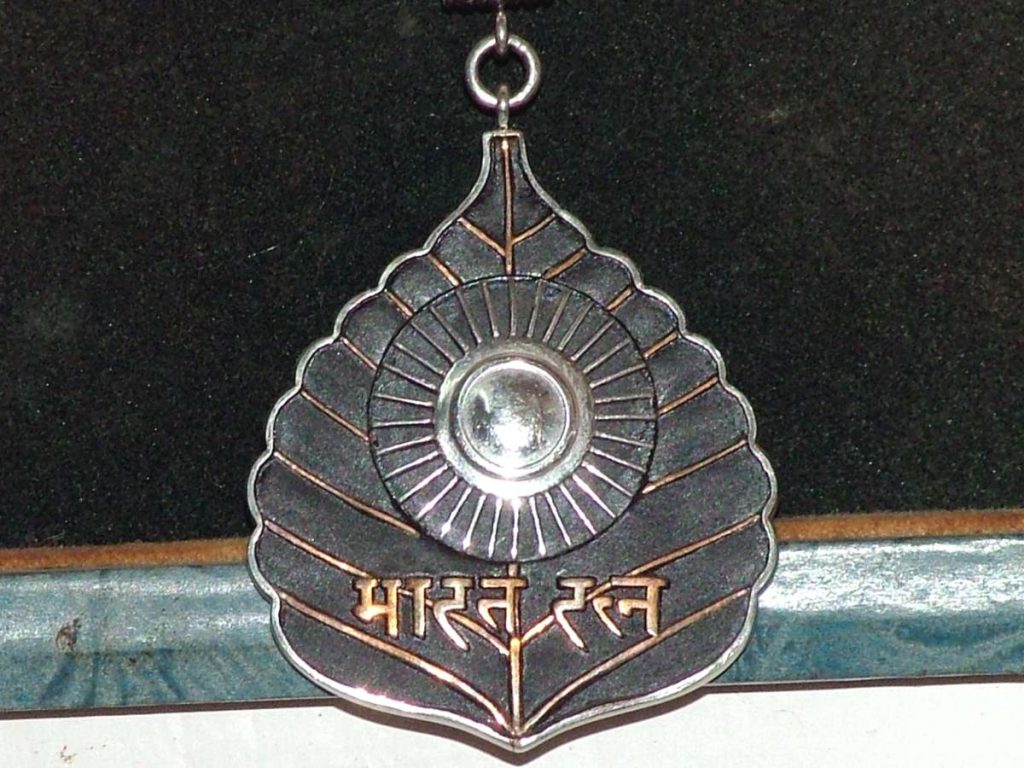
He was impatient with mediocrity but very quick in understanding the nuances of a suggestion. Even senior officials and ministers were somewhat in awe of him for his strategic thinking and deep understanding of what was happening in the country – politically or otherwise.
He was a man of few words who always put across his views and advice in effective short observations and had an aura of authenticity about his leadership. He normally never called any officer on Sunday – he was modernistic about realising the importance of a weekly rest day for the hardworking bureaucrats.
Prime Minister Rao appointed me as the Director of the IB – preferring me over a senior – without ever having met me personally and in what happened for the first time in the IB, got my name announced as Officer on Special Duty (OSD) two months in advance of the actual take over as the chief.
I remember conveying it to the Prime Minister – in my very first briefing session with him – that this move of a prior announcement had sent a good message to a professional organisation like the IB.
I gathered that the Prime Minister was essentially looking for an upright, apolitical and hard-working professional of long-standing to head the Bureau – he certainly did not need any help in running his politics – and was expecting to be briefed in a timely way on significant developments affecting internal security, stability and peace.
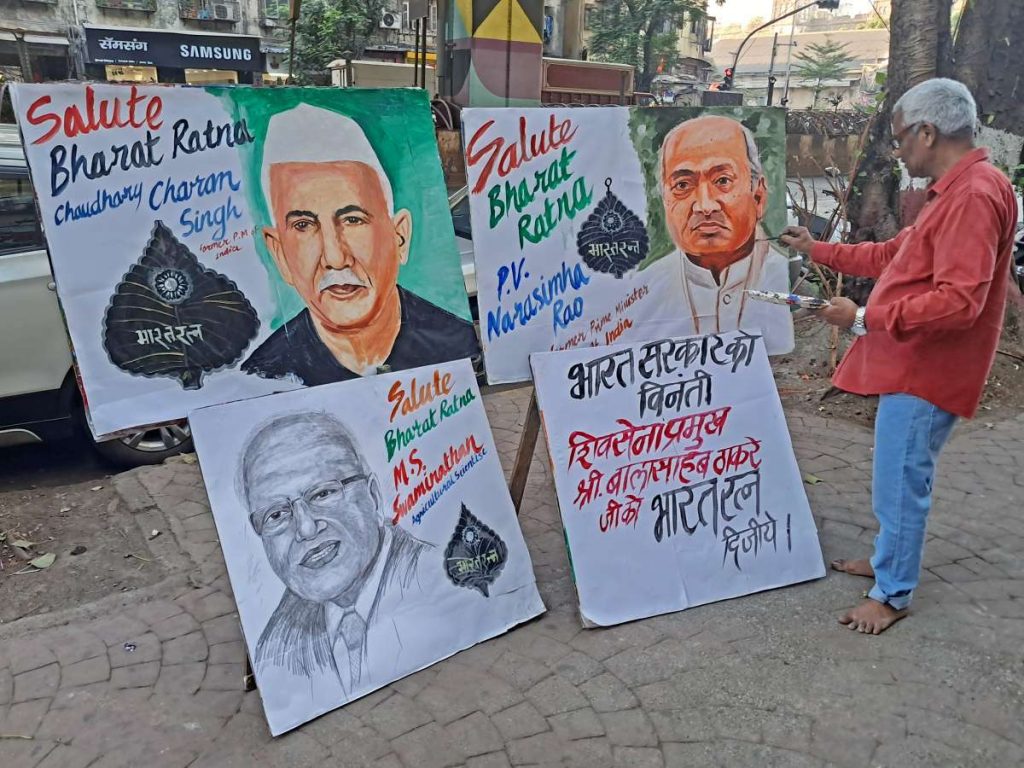
Beyond my regular periodical briefings to him at 7 Race Course Road, I had direct access to him otherwise also – the institution of National Security Advisor did not exist then – and once it so happened that I reached out to him in the afternoon to convey something I thought could not wait and met him at 3 Race Course Road, the private premises of the Prime Minister. He totally trusted the IB for its professional work.
There are a couple of instances I recollect as evidence of Prime Minister Rao’s strategic outlook on issues of national security. At the height of trouble in Kashmir, he once held a plenary meeting in which all those who mattered in the management of that state – from the Governor and the Army chief to the Cabinet and Home Secretaries – were in attendance. The discussion was on what ‘stronger’ measures if any, could be taken to deal with the situation.
The Prime Minister went round the table and the participants mostly asked for a new hardline. He finally asked me sitting next to him as Director, IB, for my views. On a considered assessment, I advocated that we should stay put and watch the situation further. Prime Minister Rao endorsed this and said that no new steps were needed.
When the participants pressed for a decision on further action, he famously said that “not taking a decision was also a decision”. This could come only from an intellectually strong leader.
On another occasion, I told the Prime Minister that my senior officers were suffering because the delay in the ’empanelment’ process made them a victims of the rule that a minimum of 11 months must still be available to them before retirement, for them to be given the promotion due to them.
I remember telling the Prime Minister that “the procedural could not kill the substantive” – he immediately grasped the point and called the Cabinet Secretary to sort it out. From this emerged the practice of ‘in situ’ promotion whereby the IB officer would get the next higher grade from the day he became eligible for promotion.
I am happy to say that over the years, IB has continued to enjoy a high level of trust and support of the government as a professional, unbiased and dedicated Intelligence agency of the nation.
Prime Minister Narendra Modi deserves the credit for giving due recognition to those leaders who from a historical perspective stood out for their role in carrying democratic India forward.
The Bharat Ratna to many who had been left out for some reason will have the effect of uniting India by keeping this recognition above party politics.
This year, Padma awards were also meant to extend national acknowledgement to craftsmen, scientists and those who did exceptional social service for people at the local level – and were kept relatively free of a political or bureaucratic imprint.
If the Bharat Ratna awards are appreciated by the people of India, their ‘timing’ does not matter to them – better late than never would be their basic response – and if the action of the government brings political goodwill to the present Prime Minister, why should anybody have a grouse?
Prime Minister Modi’s image as a leader of personal integrity, who could govern the country with a firm hand, had brought him onto the national scene to start with and on these basics of public perception, he remains strong.
As a matter of fact, Prime Minister Modi has governed a country known for its diversities, exceptionally well. He has made a big contribution to the rise of India economically and to the advancement of the country in the direction of becoming a global voice on issues of war and peace.
Prime Minister Modi’s proactive approach to international relations has enabled India to steer through the complicated geopolitics of these times on a note of confidence, high moral ground and human concern.
Recalling my association with Prime Minister Rao as the Director, IB, for over two years, I do feel that the IB has always served the nation as a professional Intelligence agency – making a judgement call ‘on its own about what was a potential threat to national security and integrity.
Congress lost the 1996 General Election – partly because of internal rifts – and I became the first Director of the IB to serve a BJP government with the late Atal Bihari Vajpayee being invited to form the government as the head of the single largest party.
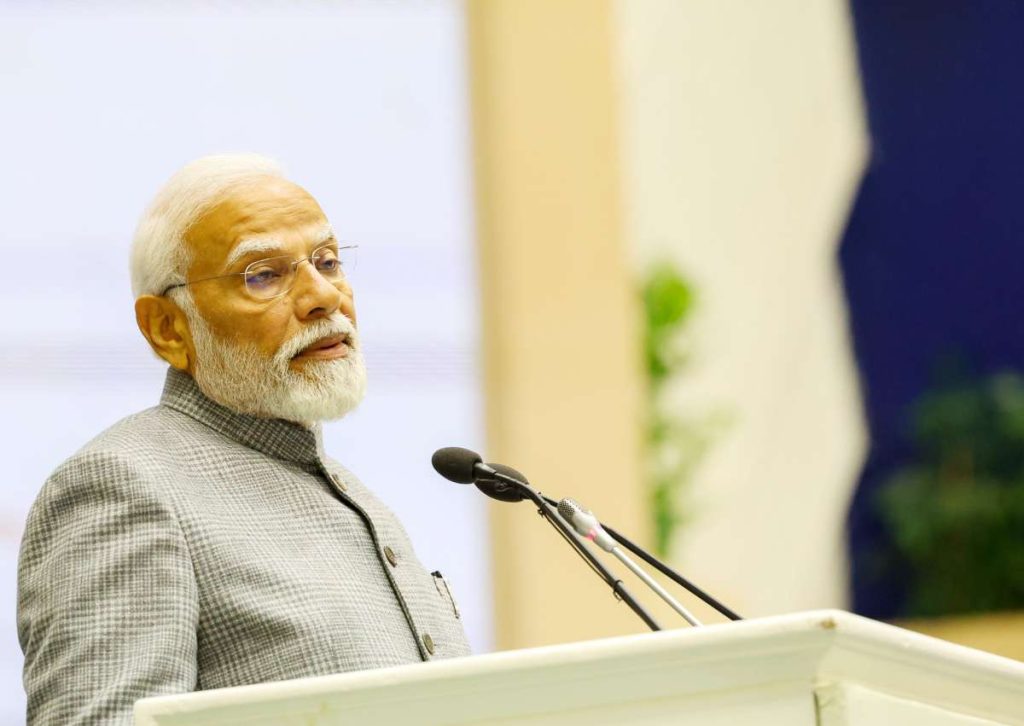
Unfortunately, that government was short-lived – possibly because all in the Opposition shaken by the first-time event of BJP coming to power on its own, joined hands in the vote of confidence.
Prime Minister Vajpayee was a fine leader with equanimity and grace, and I had more than one occasion to brief him even in that short period of time.
I got the opportunity of serving a third Prime Minister – H.D. Deve Gowda – representing the United Front with its heavy dependence on the Congress.
Amidst all the political turmoil that his regime witnessed, I remember Prime Minister Deve Gowda as a person of practical insight and understanding, who valued my briefings.
I presume some political compulsion led him to ‘push me up’ as Chairman Joint Intelligence Committee (JIC), responsible for drawing long-term and medium-range national security estimates at the national apex.
Interestingly, he did not appoint a successor and allowed IB to be run through an ‘officiating’ Director for quite some time. Soon, however, there was another change in government with Indra Kumar Gujral taking over as the next Prime Minister of the United Front.
Late Gujral was a thinking leader with whom I interacted in my new capacity, on a note of intellectual harmony. To him goes the credit of conceiving for the first time the idea of a coordinating body for Intelligence and Security at the national apex – it could not materialise then but would later result in the formation of the National Security Council (NSC) and its Secretariat- the NSCS, after the Kargil war.
I am glad I was able to function as the Intelligence chief with all the three regimes that together represented the entire political spectrum of India – Congress, BJP and the United Front – at that point of time.
In a nutshell, my experience as Director, IB, confirms my belief that India must continue to put our national Intelligence agencies on a special footing for their priceless contribution to national security.
It is a matter of great satisfaction that Prime Minister Modi – aided by an extremely competent National Security Advisor – is giving all attention to our Intelligence set-up and the resources it requires, particularly to the matter of inter-agency coordination and the vital need for an integral response to any threat to India’s security, integrity and sovereignty.
Bharat Ratna awards strengthen the impression that Prime Minister Modi is a national leader and not just the leader of the party in power.
(The writer is a former Director of the Intelligence Bureau. Views are personal)
ALSO READ: PML-N, PPP Deal Sealed, Shehbaz Sharif to Helm Pakistan

